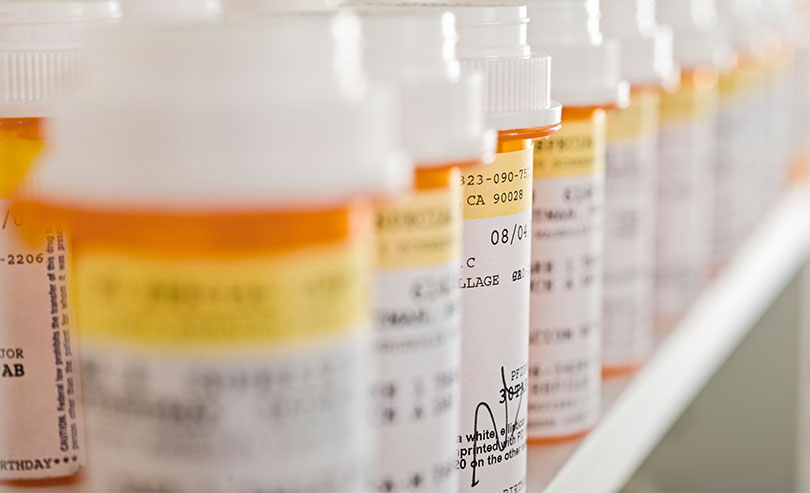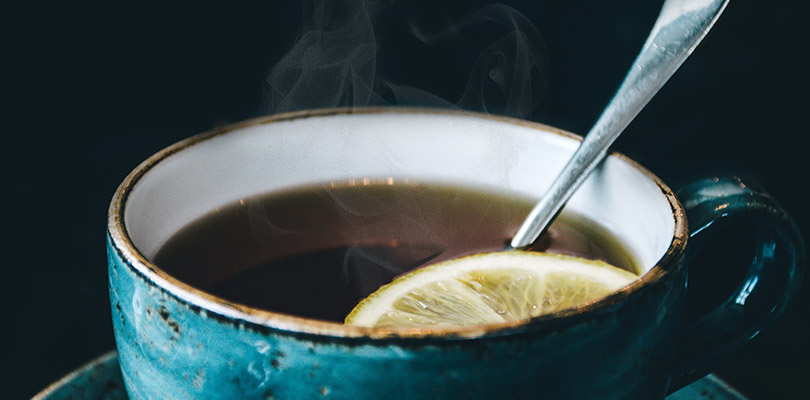Treatment Options for IBS
IBS is not always easy to treat. While some people experience only mild symptoms, others can have significant digestive problems that interfere with day-to-day life. Although several drugs are currently available for this condition, you should know there are other therapies available that could help you better manage your IBS symptoms.
Paying attention to what you eat is important, and following a low FODMAP diet can be beneficial. Some herbs and alternative therapies also show promise for IBS patients. Always talk to a healthcare professional before starting a new alternative therapy, to learn more about possible drug interactions and side effects. A dietician can help with a customized diet. If you consider acupuncture, chiropractic or other alternative therapies make sure you consult an experienced, licensed professional in that field.
1. Medication
A variety of drugs are used to relieve digestive problems such as bowel spasms, gas, diarrhea or constipation, and two drugs have been specifically approved by the FDA as treatment options for IBS. Here is a summary of them:
Anticholinergic Drugs
Anticholinergic drugs work by relaxing the muscles of the digestive tract and thus improving bowel spasm. Hyoscyamine (Levin and Levine) and dicyclomine (Bentyl) belong to this class of drugs. These drugs block a chemical in the smooth muscle of the stomach and intestines, causing them to relax and reduce the cramping.
These drugs may interfere with other drugs such as antihistamines, monoamine oxidase inhibitors (MAOIs) (eg. phenelzine), other anticholinergics, tricyclic antidepressants and narcotic pain medicines. Possible side effects include drowsiness, dizziness and blurred vision, and these side effects may be aggravated if you drink alcohol. Therefore you should avoid alcohol. If you feel lightheaded or dizzy avoid driving.
Antiflatulents
Antiflatulents help reduce excessive gas and bloating. A common antiflatulent prescribed for IBS is simethicone (Phazyme or Mylicon). Simethicone helps relieve painful symptoms and pressure caused by excessive gas accumulated in the stomach and intestine, and can be used by children and adults. It has an excellent safety profile, with no known side effects. It may, however, interact with drugs prescribed to improve thyroid function.
Anti-Diarrhea Medications
Anti-diarrhea medications are used for diarrhea predominant IBS, and a commonly prescribed drug is loperamide. Lopermide works by slowing the digestion, allowing the gut more time to absorb nutrients and fluids from the food and reducing the amount of stool. Possible side effects include stomach pain and bloating, worsening of the diarrhea or constipation, dizziness , fatigue and skin rashes. It interferes with many drugs including hyoscyamine, antihistamines, aspiring and some painkillers.
Antidepressants
Antidepressants are used to relieve symptoms of depression and anxiety associated with IBS. When given in much lower doses than those prescribed for depression, antidepressants can also help improve symptoms of IBS like pain, bloating, or feeling unable to pass the stool.
Amitriptyline (Elavil) is an example of antidepressant drug recommended for IBS. Side effects include abdominal discomfort, blurred vision, tingling, numbness, chest pain, headaches, and nausea, vomiting and muscle spasms. This drug can interact with many other prescription drugs – for example antihistamines, some painkillers, hyoscyamine, some anti-asthma and anti-seizure drugs.
Lubiprostone (Amitiza)
Lubiprostone is a drug specifically approved for the treatment of IBS. It works by increasing the fluid in the gut, which increases the intestinal muscle movements and therefore helps speed the passage of the stool. It is recommended for women who suffer from constipation that has not responded to other drugs. Lubiprostone is associated with side effects such as dizziness, diarrhea, and bloating, headaches, fatigue and stomach pain and may interfere with the drug idelalisib.
Resources
Drugs.com (Hyoscyamine)Drugs.com (Dicyclomine)Drugs.com (Amitriptyline)Drugs.com (Simethicone)Looking for ways to relieve irritable bowel syndrome symptoms? Here are eight irritable bowel syndrome relief options that may help.







